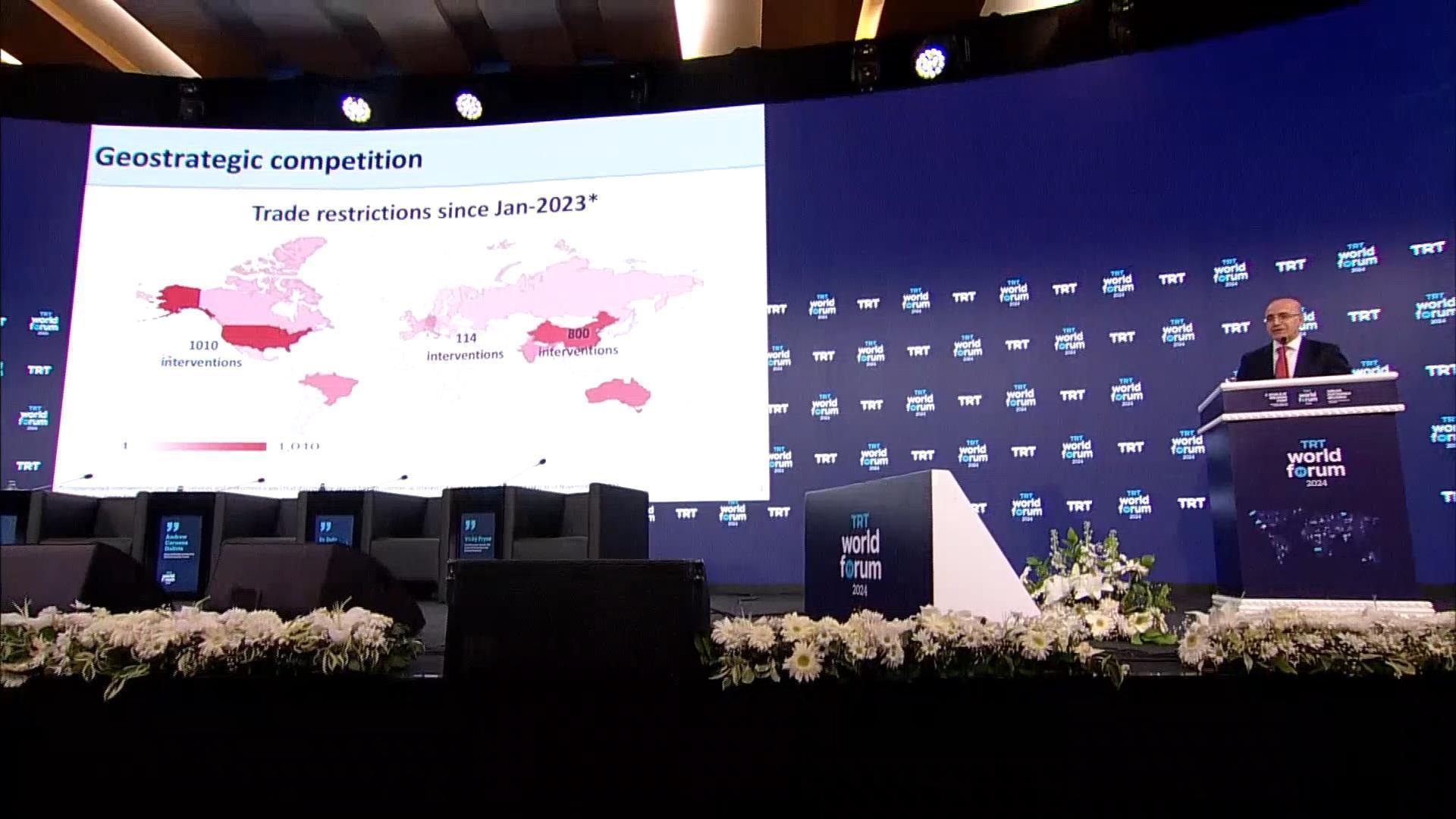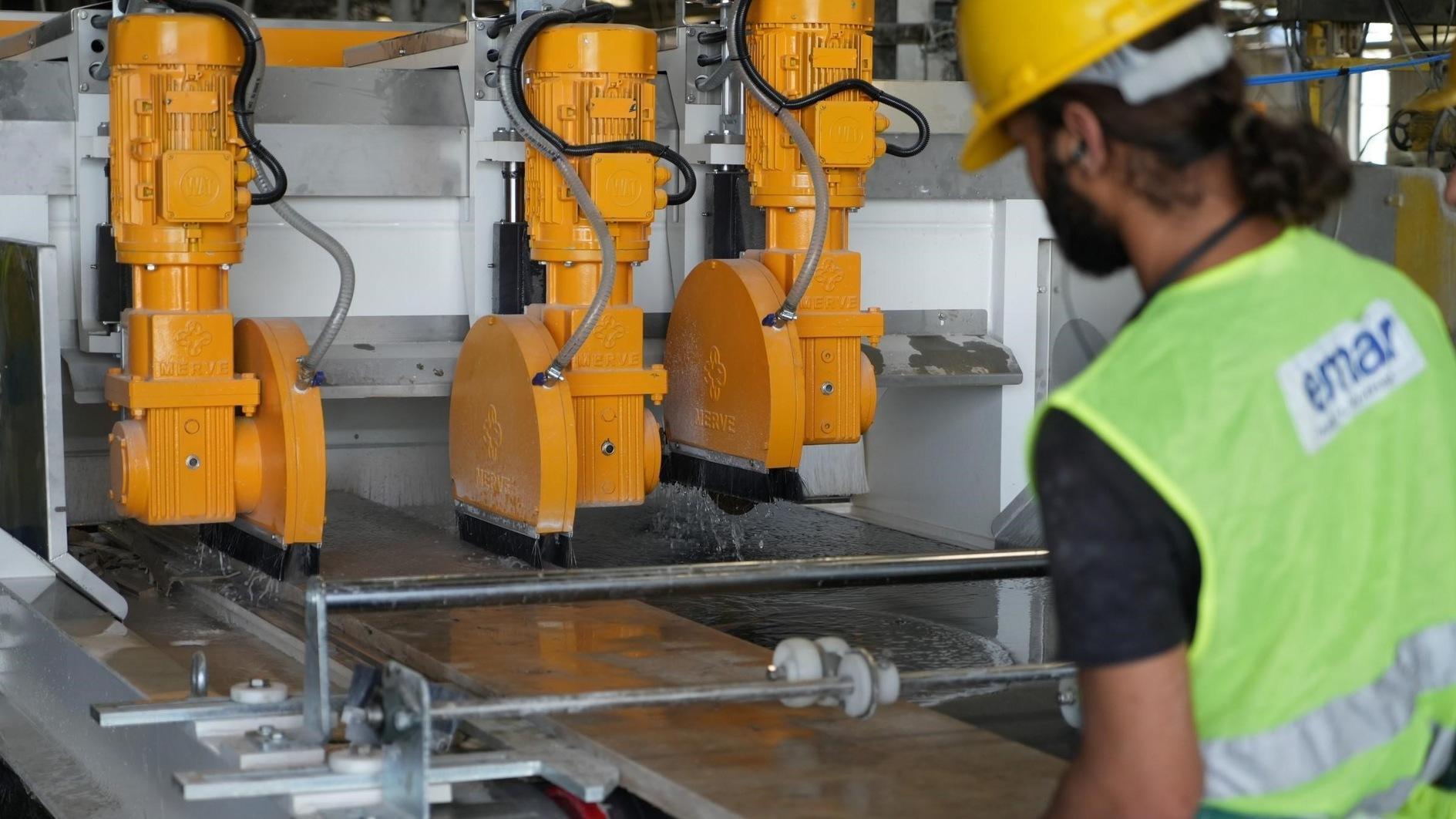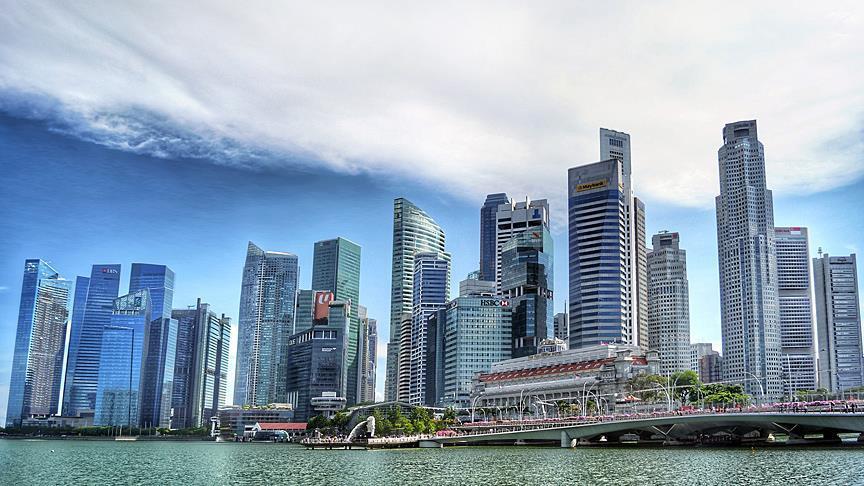Gov’t determined for structural reforms, says Şimşek
ISTANBUL

The government has a comprehensive agenda for structural reforms in the economy, Treasury and Finance Minister Mehmet Şimşek has said, adding that Türkiye’s productivity and competitiveness will be strengthened.
"We are taking the necessary steps for structural reforms, we are determined,” Şimşek said on Nov. 30 at the “Addressing Global Economic Uncertainty: Strategies for Resilience” session of the TRT World Forum 2024.
“We have a comprehensive reform agenda, from active industrial policy to human capital development, from improving the investment environment to increasing the depth of capital markets. We will raise our growth potential by strengthening productivity and competitiveness,” the minister added.
Şimşek talked about the challenges of global growth and emphasized that structural reforms, artificial intelligence and productivity policies can boost global growth.
“Trade fragmentation is no longer a theoretical risk; it's a reality. Protectionism is now the new normal,” he said.
"As a result of global geostrategic competition, trade restrictions have increased nearly nine times since 2009. If protectionism continues at this rate, we could see a decline in global gross domestic product."
The second Donald Trump era in the United States would bring a new climate of trade protectionism where China and other economies will face higher tariffs, the minister noted.
"We could see higher inflation and higher long-term interest rates in the U.S. as a result of higher tariffs,” Şimşek said.
“This is a big challenge for emerging markets and the global economy. In response to these tariffs, China may consider shifting its exports to other countries. Indirectly, our markets will also be at risk.”
Türkiye is resilient to rising protectionist tendencies in global trade, according to Şimşek.
“Including the Customs Union [with EU], we have free trade agreements with 54 countries and this represents 62 percent of our total exports,” he said.
“There are other countries with which we are currently negotiating comprehensive trade agreements. Türkiye is also in an advantageous position in terms of sourcing trends from close and friendly countries. We have close and friendly relations with Central Asia, the Middle East, the Balkans, the European Union and North Africa. We also have advantages in strengthening regional integration and connectivity through transportation routes.”
Şimşek noted that the world's population is aging, and this situation will have serious financial implications.
"Türkiye is in a relatively strong position in terms of working age population growth,” the minister said, highlighting Türkiye’s significant demographic potential.
“The female labor force participation rate is 36 percent, and our goal is to bring it closer to the OECD average [66 percent]. If we achieve this, we will unlock serious potential.”
















